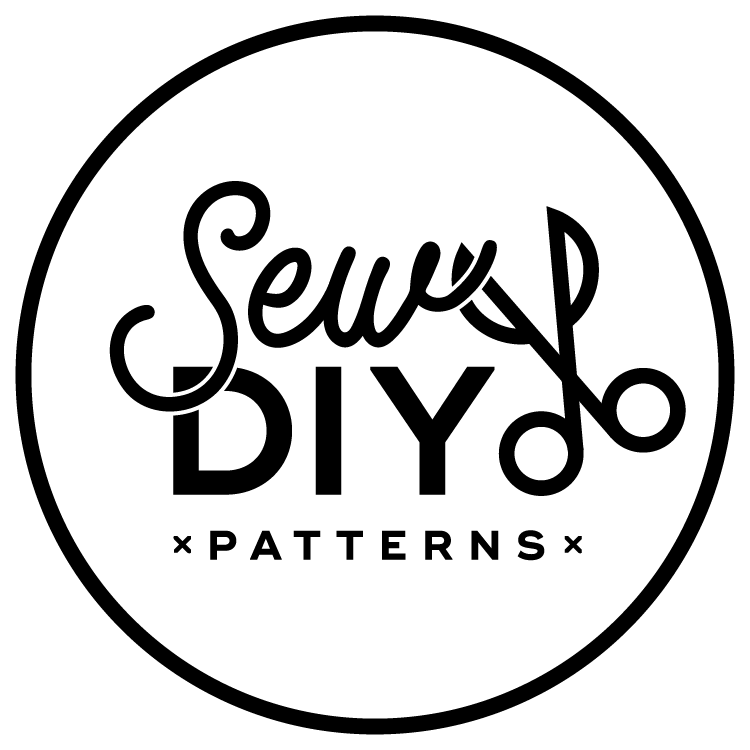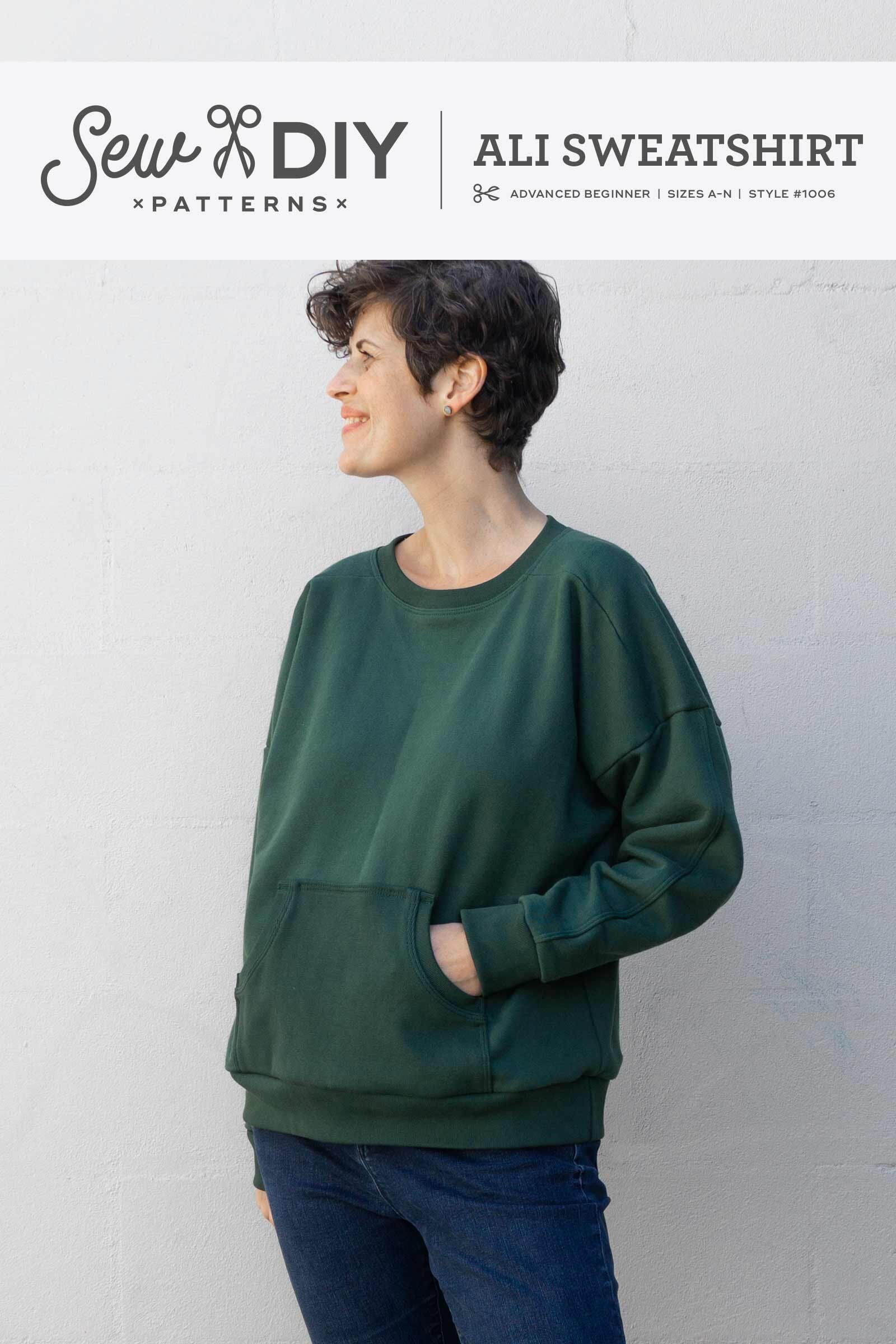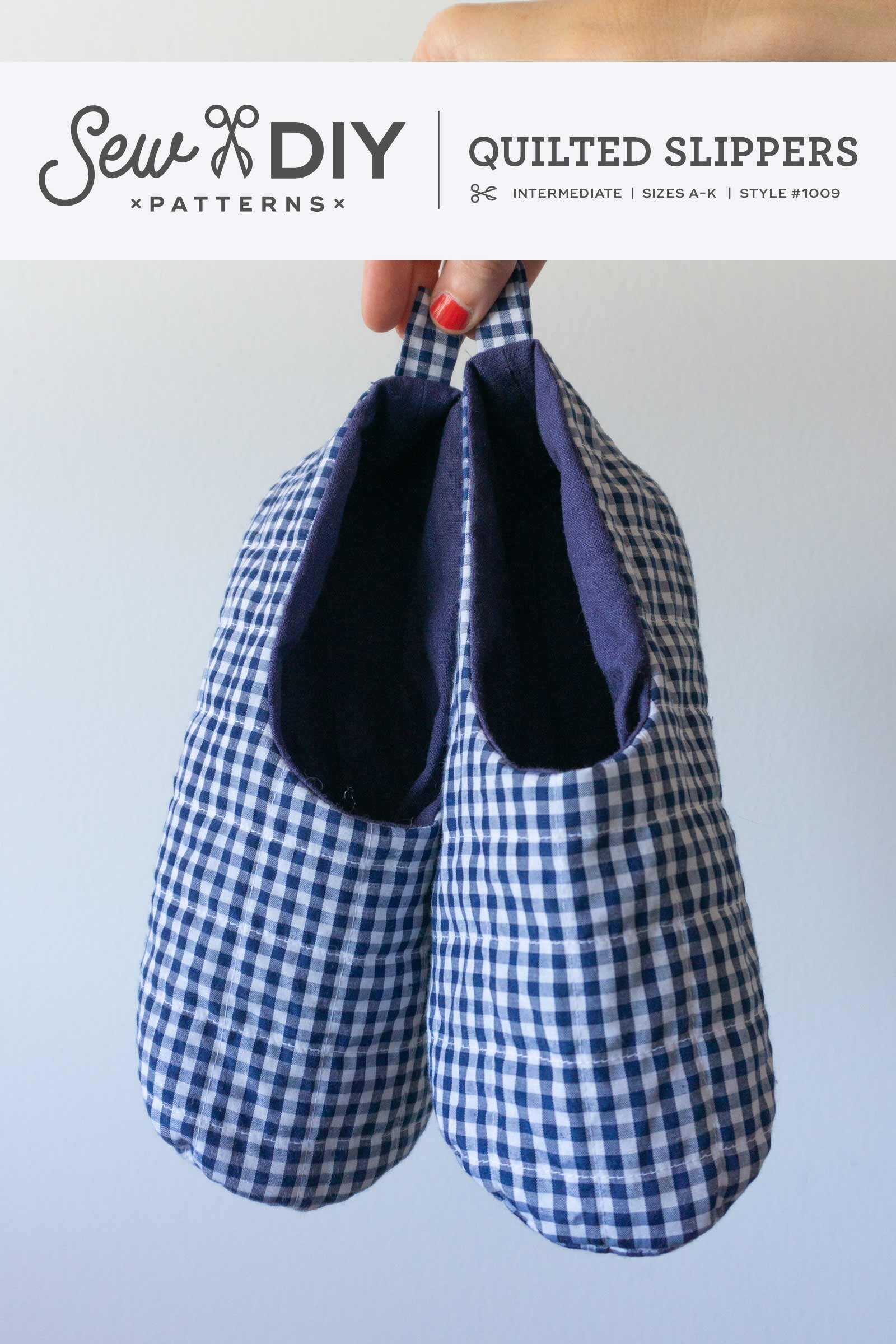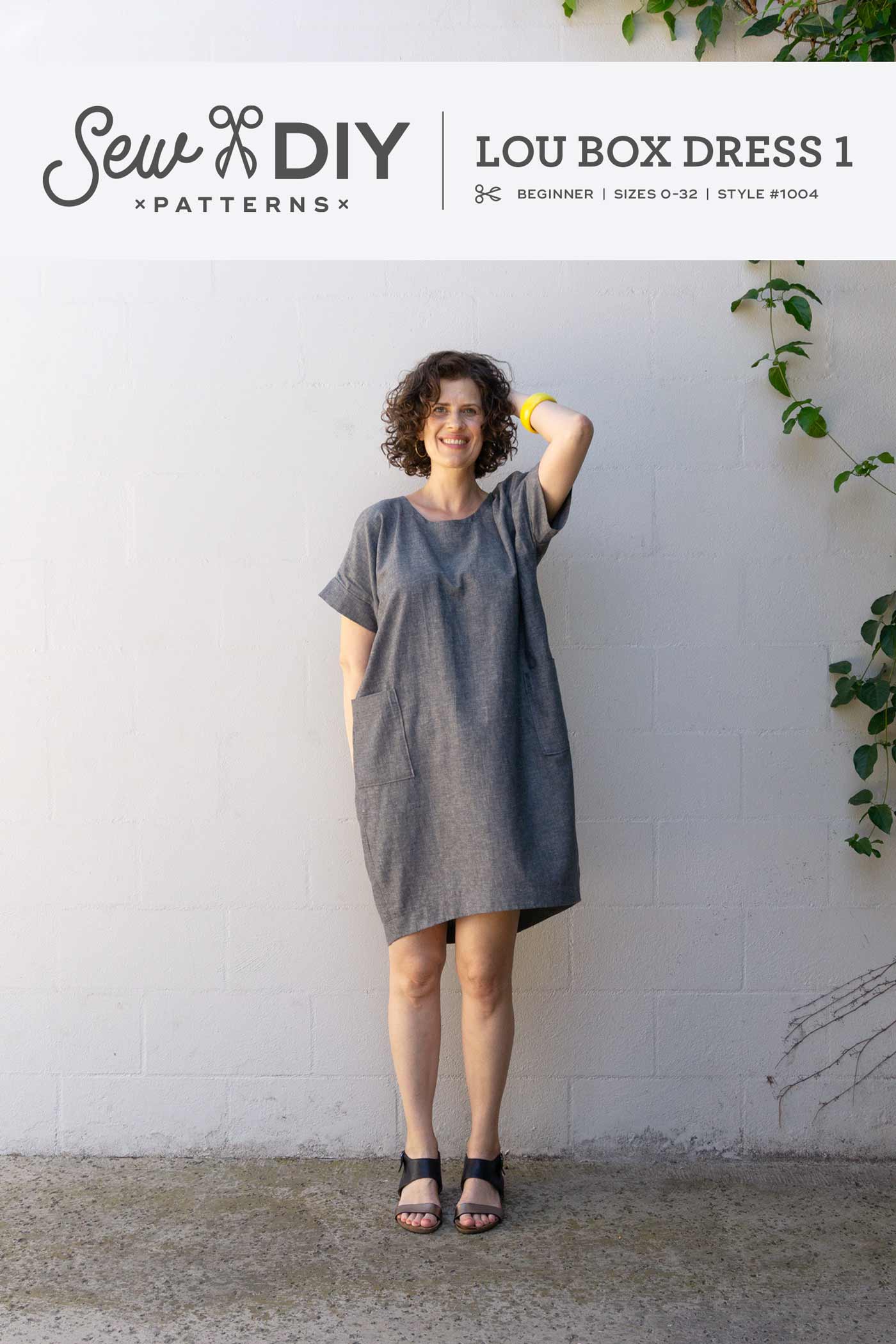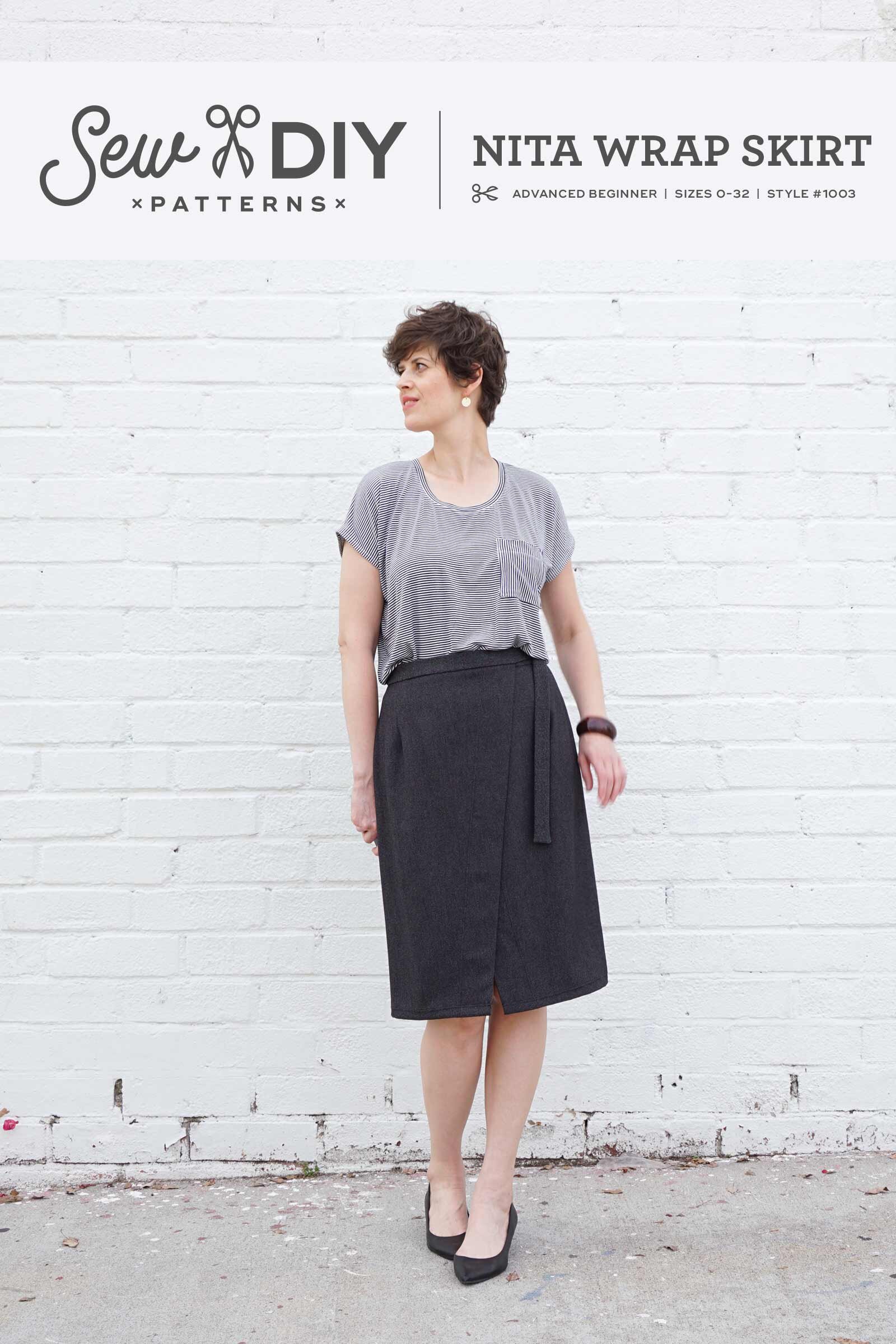In today's video, I'm going to be showing you how to understitch. Understitching is a technique that is most often used when sewing woven fabric garments but occasionally with knit fabrics as well. It's mostly used when you are sewing a facing, a lining or an in-seam pocket. The purpose of understitching is to keep those parts of the garments hidden and out of view.
It's actually very simple to sew an understitch. All you do is sew a straight stitch to attach the seam allowance to the facing (or lining or pocket). Because this is such a simple technique, I think people are often tempted to skip it altogether. But, I really recommend that you do not skip the understitching because it will help you make a more refined, and dare I say, professional looking garment.
Understitching will not visible from the outside of the garment (see photos above) so there is less need to be perfect than when top stitching. So, if you're new to sewing, there's no reason to be afraid of messing anything up when adding understitching.
Watch the video above or if it's not working, you can watch it on YouTube here.
When understitching, I prefer to use a stitch length of 3.0. This seam won’t be taking a lot of stress so I don’t think it needs to be as short as what we’d use for a regular seam. Plus, it’s a touch faster to sew. I also prefer to sew with the wrong side up. For me, I feel like I can be a little more accurate and it helps me make sure that I’ve caught the entire seam allowance. That said, you may find that you can get the facing or lining flatter when you stitch with the right side up.
Depending on where you are understitching, you may or may not be able to understitch the entire seam. Don't worry, if you're not able to understitch the entire seam, just stitch as far as possible. In the video, I demonstrate how to understitch the armhole seam of my Miri Tank Top pattern. You’ll see that when understitching the armholes, it’s much more difficult to access the seam allowance and understitch. (That’s totally normal.)
I hope that you found this video helpful. If you’d like to support this comment you can visit the pattern shop, or “buy me a coffee”. Happy sewing!
